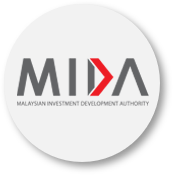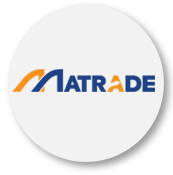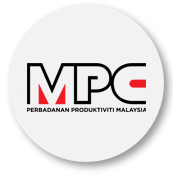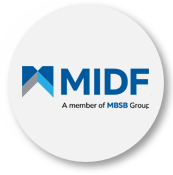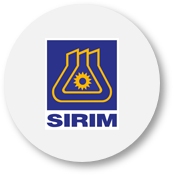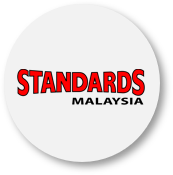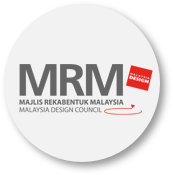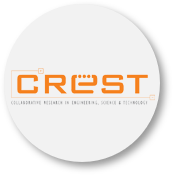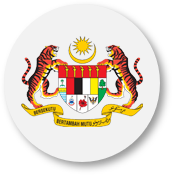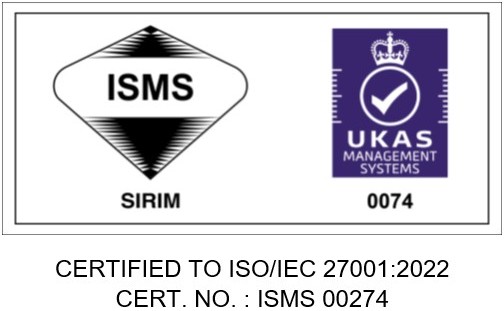- The WTO operates one of the most active international dispute settlement mechanisms in the world. Disputes arise when a member government believes another member has violated an agreement or a commitment made under the WTO framework.
- The Dispute Settlement Body (DSB), represented by the General Council, is responsible for resolving disputes within the WTO. It holds exclusive authority to:
- Establish panels of experts to examine cases.
- Accept or reject panel findings and appellate decisions.
- Monitor the implementation of rulings and recommendations.
- Authorise retaliation if a member fails to comply with a ruling.
- Since 1995, 616 disputes have been brought to the WTO, resulting in over 350 rulings. A comprehensive list of dispute cases is available here.
- Malaysia has participated as a third party in 25 dispute cases to-date. These cases involve issues such as:
- Measures concerning palm oil and oil palm crop-based biofuels.
- Intellectual property rights.
- Anti-dumping measures on fish fillets.
- Safeguards on imports of crystalline silicon photovoltaic products.
- Disputes relating to steel and aluminium products.
- Malaysia's dispute with the European Union (EU) concerning the Renewable Energy Directive (RED) II reached a significant milestone on 5 March 2024, when the WTO Panel issued its Final Report for the DS600 case.
- The findings of DS600 were partially in favour of Malaysia. Of the 16 Articles cited under the TBT Agreement, 7 claims were upheld in Malaysia’s favour. Similarly, of the 4 Articles under GATT 1994, 3 claims were found to favour Malaysia. The EU is currently consulting with Malaysia to amend the relevant legislations and align them with the WTO agreements.







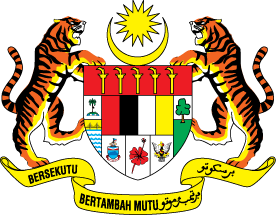





 Home
Home








